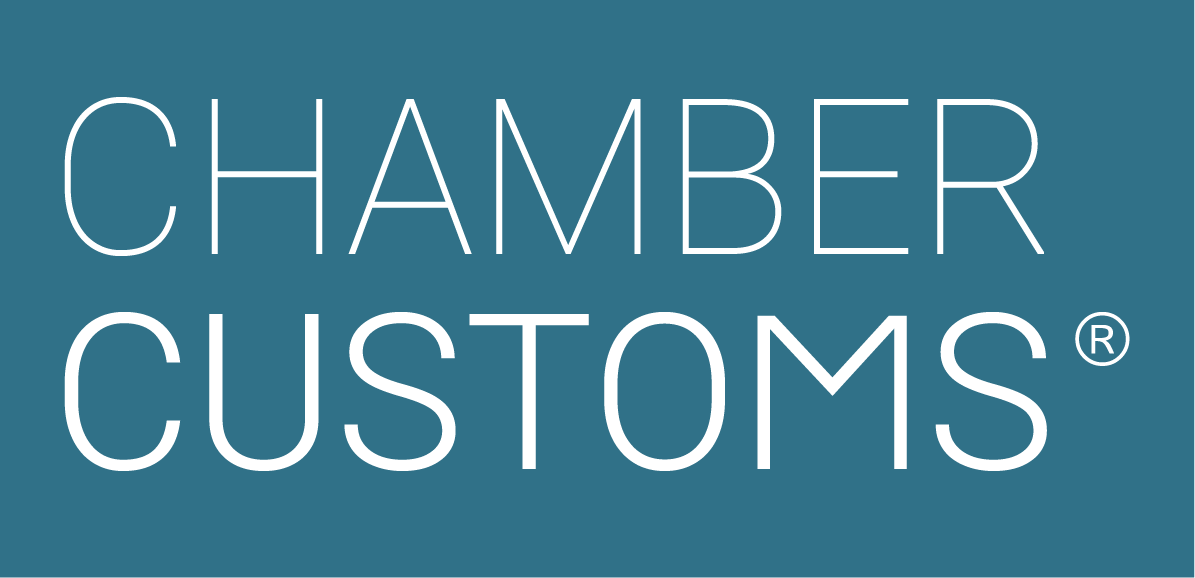The following information is from HMRC - 21/08/2024
Please see attached a copy of the DEFRA Common User Charge (CUC) Invoicing webinar slides, and a document containing updated FAQs and a recording of the webinar that can be found here.
DEFRA have also included some clarifications below on key topics raised during the webinar, as documented below – we hope this is useful.
Important clarifications:
Plants & Plant Products:
Low risk P&PP goods and medium risk B P&PP goods must not be notified in IPAFFS. Full guidance is available on gov.uk on both the common user charge page and the BTOM risk categorisations page. Traders must note that:
High and medium risk A goods will require a phytosanitary certificate and pre-notification (CHED PP) to be made on IPAFFS.
Medium risk B goods will require a phytosanitary certificate but will not need to be pre-notified.
Low risk goods do not require a phytosanitary certificate or pre-notification (CHED PP) to be made on IPAFFS.
If you do submit a notification on IPAFFS for medium risk B and low risk plants and plant products, you will be charged the Common User Charge of £29 for each commodity line up to the limit of 5 commodity lines per CHED.
There is a temporary easement in place for some fruit and vegetables from the European Union, Liechenstein and Switzerland. These are medium risk but are currently being treated as low risk and therefore do not require notifying on IPAFFS. The BTOM risk categorisations page provides an overview of the risk categorisation for the different commodity types.
Billing details including advice for agents:
The billing details provided in the IPAFFS notification must be those of the organisation whose IPAFFS account was used to create the notification. Full guidance is available on gov.uk on the common user charge page. Traders must note:
If you raise your own import notifications on IPAFFS, you are responsible for paying the commonuser charge. You must provide your own billing details in the notification.
If you are an agent raising POAO or HRFNAO products and you raise import notifications on IPAFFS for more than one importer/customer, you must pay the common user charge for all these importers and use your own billing details for the notifications. If you use an importer’s/customer’s billing details, they could be invoiced for all the notifications you raise, including those for other importers/customers.
If you are an agent raising P&PP products you will be operating under Delegation of Authority (DoA) for your customer and raising notifications using their IPAFFS account. In this instance you must provide the customer’s billing details as they are responsible for the charge i.e., the billing details for the organisation whose IPAFFS account you are using to create the import notification. If an agent working under DoA provides their own billing details, they could be charged for all notifications raised on the customer’s IPAFFS account. This includes notifications raised by other agents operating under DoA for that customer.
If you have used incorrect billing details on your notifications this can easily be amended in IPAFFS by either updating the billing details on an existing live notification (i.e., one which has not already entered the country) or updating the details on the next notification (if there are no existing notifications). This will update the customer record for future notifications. If you want an existing invoice to be sent to the updated billing details, then you must contact SSCL to request this.
Who to contact with invoice queries
SSCL are your first point of contact for any invoice related queries, issues or payments. You can contact SSCL by phone (01633 631800) or email (SSCL.invoicing@gov.sscl.com). In every contact with SSCL you must quote the organisation name, customer number and invoice number for the relevant invoice you wish to discuss. Only the organisation named on the invoice can discuss or query an invoice or seek support, but any organisation can pay the invoice if they have the organisation name, customer number and invoice number.
SSCL can also send invoice data in an excel spreadsheet upon request.
